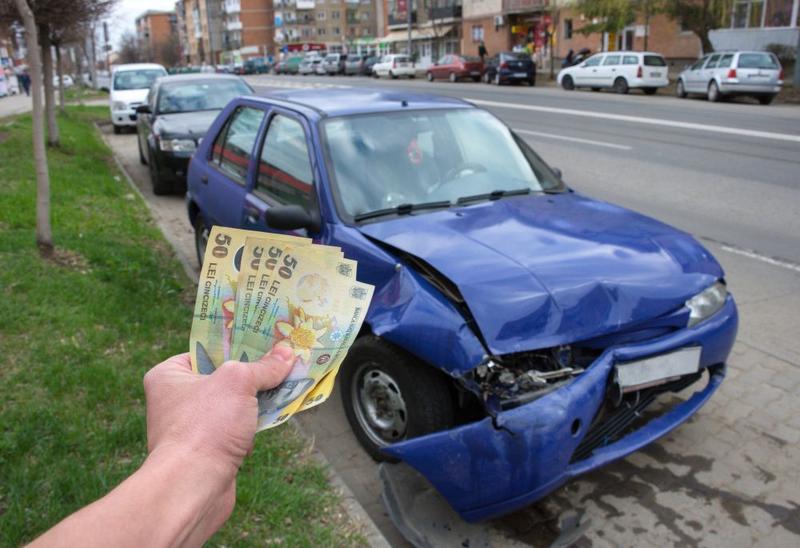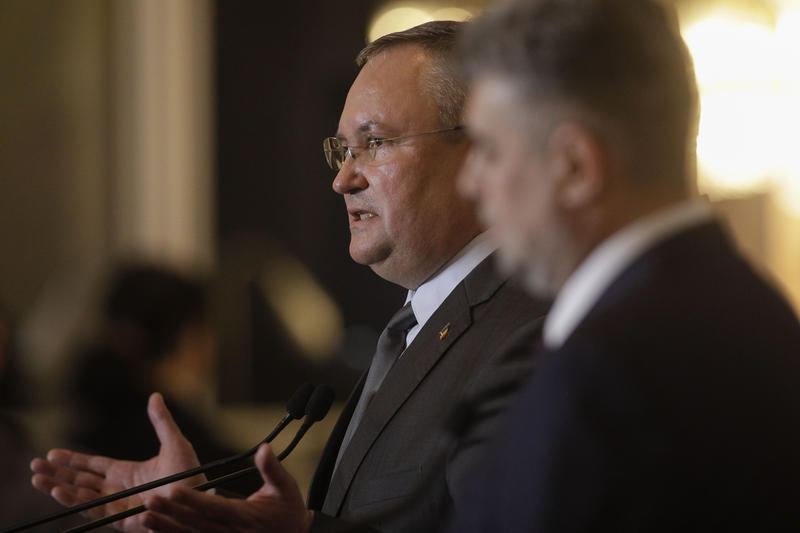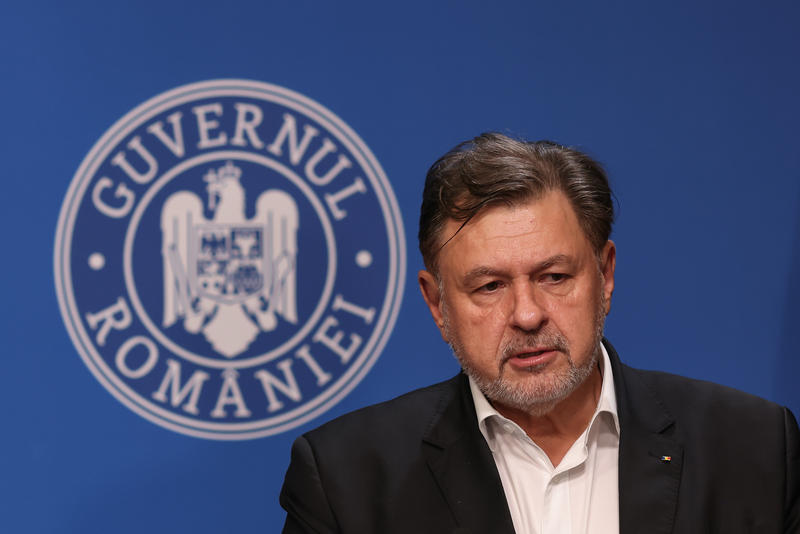Labor Minister Paul Pacuraru denies having any connection to the copy machines service deal involving his company in a 161,000 dollars contract with the House of Deputies. Pacuraru says he quit being manager at Eurocom 12 years ago, still holds 25% of the shares, but he didn't intervene in any way in obtaining the contract.
"The fact that I got to be a minister doesn't mean I have to starve to death", said Pacuraru. According to a recent investigative report in the media, the company where Pacuraru holds shares upgraded five copy machines for the House of Deputies for 32,256 dollars per machine, while new equipment would cost only 16,232 dollars per piece.
As a reply to the article published by Cotidianul, Pacuraru says he never intervened in favor of the companies where he holds shares and that the fact that he is now a minister doesn't mean that he has to starve to death.
"I found out about this contract from the newspapers. The company has many contracts and I don't know all of them, because I am no longer in charge with this", said Pacuraru.
The contract involves upgrade operations for five ten-year old copy machines, OCE 3165 model. The Public Procurement Service in the House of Deputies put up a feasibility study and decided that the machines need upgrading. Since Eurocom was the only company capable of upgrading the equipment, the contract was attributed directly, without any bid.
According to Cotidianul, the upgrade cost was 32,256 + VAT per machine. A new machine, identical in performance and configuration, would cost 16,232 dollars + VAT. The manager of the Technical Department in the House of Deputies, Alexandru Tanase, declared that "there is no regulation imposing the acquisition of new machines. It was cheaper this way".
The Labor Minister accused the journalists of discussing the prices with a market competitor, RomTeamSolutions, and because they published a photo of himself, shoulder to shoulder with Bogdan Olteanu, speaker in the House of Deputies.
Olteanu, on his turn, denied having any involvement in the deal.
According to the article in Cotidianul, Eurocom lives mostly on public funds, having contracts with the Government, the Parliament, the Romanian Intelligence Service and the Foreign Intelligence Service, the Bucharest City Hall, the Bucharest Public Transport and others. The business grew from 2.1 million euro per year in 2004 to almost 5 million euro in 2007 (note: Pacuraru's party won the elections at the end of 2004).




















